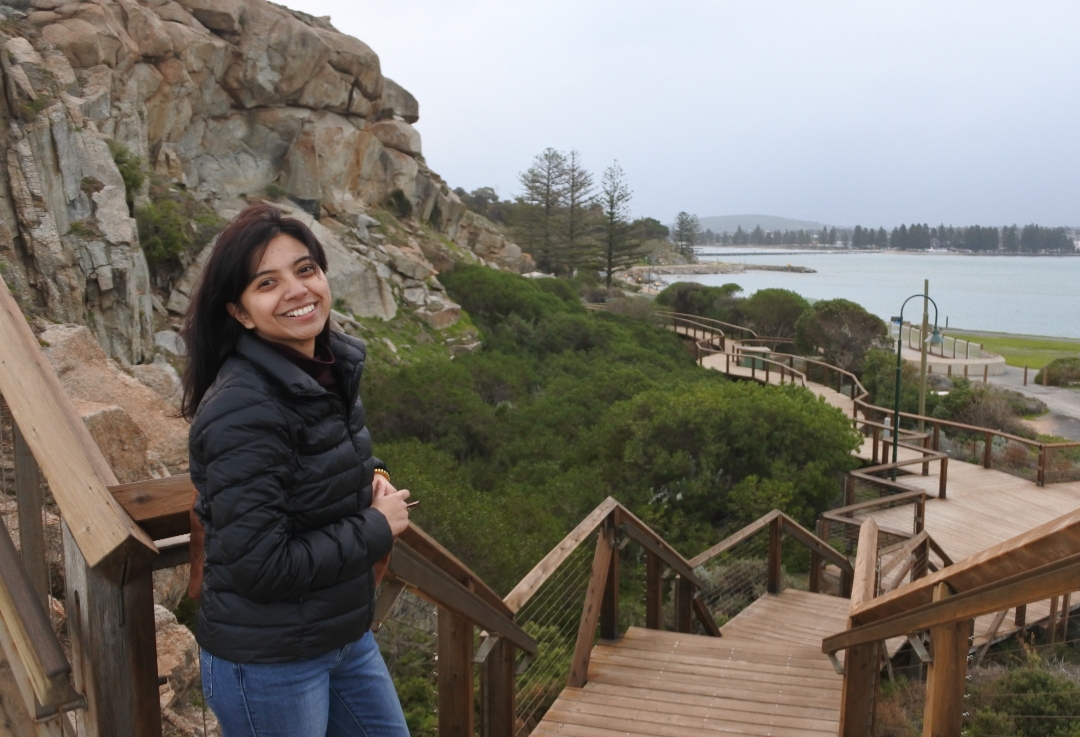Approaches in L2 Writing Instruction: What approach is best to improve students’ L2 writing experience
Producing an intelligible piece of writing in L2 that is acceptable not only linguistically but also socio-linguistically is pretty challenging. As a teacher of English as a foreign language, it is undeniable that sometimes we come across a dilemma in deciding a particular approach in teaching L2 writing that is suitable for our students. For this reason, this short article aims to provide a brief review of three main approaches in L2 writing instruction namely Focus on Product Approach, Process Approach, and Genre Approach.
Focus on Product is an L2 writing instruction that emphasizes its’ assessment and learning process on developing the learners’ linguistic knowledge; lexical knowledge and grammatical accuracy (Hyland, 2003a). The stages of Focus on Product Approach include: (1) explicit teaching of grammatical structure and vocabulary by providing a model text, (2) guided writing (learners read a model text and imitate the style), (3) free-writing (learners compose a piece of writing based on model text with some improvisation). Highlighting the focus on grammatical accuracy, this approach might make the students reluctant to develop their sentence complexity due to error avoidance while error-free sentences may not always indicate progress. On the other hand, the explicit teaching and the greater concern on linguistic knowledge may also benefit the learners as Hyland (2003a) says that learners need to understand how sentences are structured and how discourse is shaped to express the meaning they want to convey. Therefore, I think Focus on Product Approach is appropriate for teaching writing to beginners as they need explicit guidance in sentence construction. Besides, teaching L2 vocabulary explicitly might avoid the learners to do a direct translation from their L1 which is not always appropriate.
Focus on Process approach is another approach to L2 writing instruction. This approach views writing as a recursive process to create meaning which includes multiple drafting and revision. Different from Product Approach which provides a model text for the students to imitate, in Focus Process Approach, the learners are not given any model text as they are expected to learn by themselves from the feedback written on their draft and the teacher’s role is providing feedback as well as encouraging peer response to assist the L2 learners throughout the recursive stages of the writing development (Badger& White, 2000; Hyland, 2003a; Hyland, 2003b). While Focus on Product emphasizes explicit teaching on linguistics knowledge; grammar and lexical accuracy, according to Badger and White (2000) Focus on Process Approach do not give much emphasize on the teaching of grammar and accuracy, but focus on helping the students develop their linguistics skills through planning and drafting. In summary, it can be concluded that L2 writing in process approach does not involve explicit teaching about linguistics knowledge and rhetorical structure of a text. Therefore, this process is more learners centred and heavily focus on individual cognition as the learning process happened when the learners themselves can articulate and address the feedback given by their teacher and/or their peer.
Considering that the teaching of L2 writing in Focus on Process Approach does not involve explicit teaching and analysing the model text, I supposed, this approach is more suitable for higher proficiency learners who have already built sufficient understanding about how to construct sentence and paragraph. Moreover, the absence of authentic model text as an example implies that Focus on Process approach encourages learners to sharpen their creativities in constructing their texts.
One last approach discussed in this review is Genre Approach. Genre Approach not only addresses linguistic knowledge such as grammar and vocabulary but also accommodates sociolinguistic aspect in which the teacher facilitates the learning of what to write and how to write by providing model text. By using Genre Approach, students are expected to produce a text which is not only linguistically acceptable but also following particular social convention to make the target readers able to recognize the text’s purpose.
There are three cycles of L2 writing in Genre Approach; modelling and analysing the target genre, constructing a text with some assistance from the teacher, independently constructing a text without assistance. From the stages, it is clear that unlike process approach which facilitates learning through individual experiment and exploration, the authentic model text presented in genre approach provides explicit awareness of certain rhetorical structure, grammar, and vocabulary that the learners’ need to produce in a particular text type. Yet, it is worth considering that this approach might restrict the L2 learners writing creativity because they tend to follow the patterns or the presented model text. To avoid this issue, teachers who adopt Genre Approach are advised to provide more than one model text to acknowledge variation.
So, which one of these approaches is best for the students? Each approach has strengths and weaknesses. Focus on Product is good for beginner learner and to explicitly introduce grammar and lexical resources through direct teaching and model text. Intermediate and advanced level students could be taught using Focus on Form or Genre Approach is advisable for intermediate to advanced level students as students will learn implicitly through teachers and peer feedback. Additionally, without the presence of model text, Focus on Form approach allows students to creatively construct their writing. Whereas Genre Approach, with model texts, does not only emphasize grammar and lexical resources but also introducing writing convention to address specific discourse community. To address students with various level of proficiency in one class and to accommodate the constraint of each approach, teachers might combine one approach with the other approaches.
References
Badger, R., & White, G. (2000). A process genre approach to teaching writing. ELT journal, 54(2), 153-160.
Hyland, K. (2003a). Second Language Writing (Cambridge Language Education). Cambridge; Cambridge University Press. doi:10.1017/CBO9780511667251
Hyland, K. (2003b). Genre-based pedagogies: A social response to process. Journal of second language writing, 12(1), 17-29.

Comments :